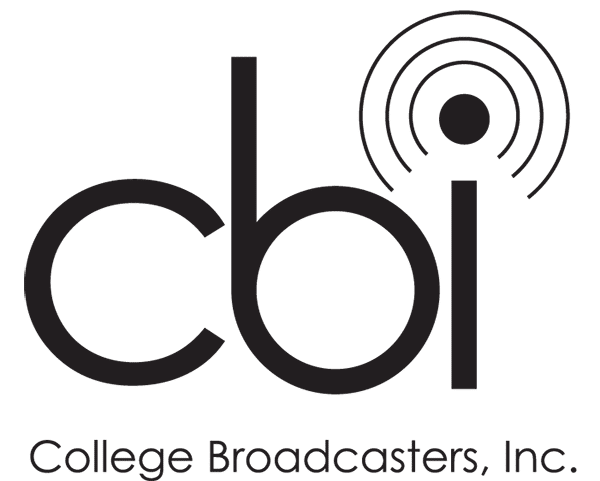February 2, 2016
Student Media in the News
Last Updated on February 2, 2016 by askcbiorg

This Is Why We Exist
The following Tuesday, addressing media-writing students in class, I described the crime as the biggest local-news story in Geneseo in a quarter century or more (according to police, the village’s last murder was 23 years ago). But the unfolding story occurred when much of WGSU’s staff had not yet returned from winter break (automation was turned on). How were we to handle this jarring tragedy as the news was breaking?
KBGA College Radio begins raising money during annual Thon
In many years, KBGA tries to raise money for something specific, such as new computers for the college radio station’s offices on campus.
“In a year where enrollment is so low, we need all the help we can get for operating costs,” said Kyle Verhovshek, the radio station’s general manager.
The station aims to raise $20,000 during its annual weeklong fundraiser, which will go toward maintaining its mission: community-minded and individually curated music shows and news programming such as “Word of Mouth,” in addition to “fresh needles on the turntables,” Verhovshek said.
Read more from The Missoulian.
Beyond polka battle, WMUA changes may represent a dramatic age shift
On top of the reductions in polka programming, a discussion show called “Focus” has also been cancelled. The program has been broadcasting on WMUA for almost half a century. It’s pretty obvious from this Twitter photo of the show’s last installment that it catered at least in part to an older audience (no disrespect; I’m an “older audience” myself).
Read more from Radio Survivor.
How Automation Changed College Radio at KUTE
Personally, I spent 2 years researching how the implementation of ENCO’s DAD (Digital Audio Delivery) radio automation software (something some of you may have some experience with) affected KUTE radio, the University of Utah’s now online-line only student radio station. I focused on how the software affected policy and organizational culture at the station. For many, automation may seem like a no-brainer route to a professional and better-educated college radio station, but I will make the case that it would be wise to examine and consider the possible unforeseen consequences before such implementation.
Read more from Radio Survivor.




